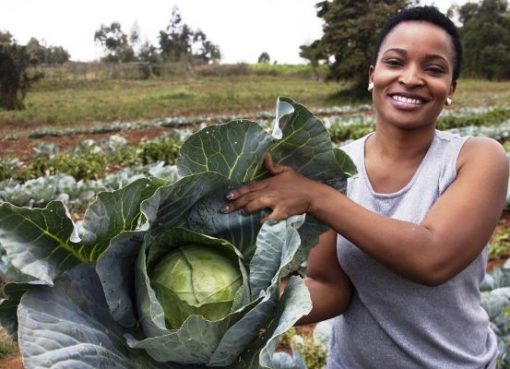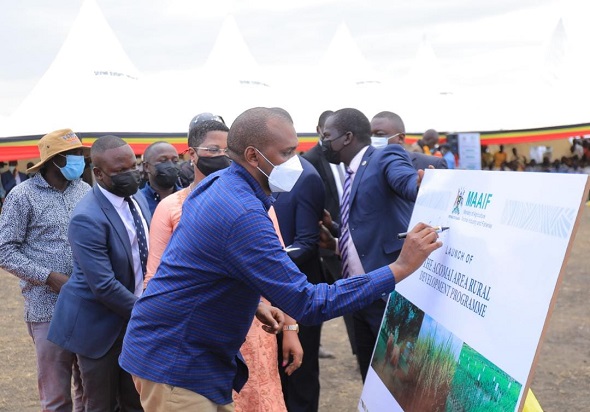President Yoweri Museveni has arrived in South Africa where leaders of the BRICS emerging economies — Brazil, Russia, India, China and South Africa — will meet in Johannesburg this week, reports the Daily Monitor.
Top on agenda is the threat of a worsening global trade war.
Uganda was invited as part of the “Africa outreach segment” alongside Togo, Namibia, Rwanda, Senegal, Gabon, Angola and Ethiopia.
US President Donald Trump’s hardening stance has compounded fears of an all-out trade war after he slapped levies on goods from China worth tens of billions of dollars as well as tariffs on steel and aluminium from the EU, Canada and Mexico.
Russian President Vladimir Putin, China’s President Xi Jinping and Indian Prime Minister Narendra Modi will attend the annual three-day summit starting in Johannesburg on Wednesday.
Xi held talks with South African President Cyril Ramaphosa in Pretoria on the eve of the gathering, saying that “the Johannesburg summit has special significance for BRICS cooperation in the new circumstances.”
China on Monday sharply rejected accusations by Trump that it was manipulating the yuan to give its exporters an edge, saying Washington appeared “bent on provoking a trade war”.
Trump has said he is ready to impose tariffs on all $500 billion of China imports, complaining that China’s trade surplus with the US is due to unfair currency manipulation.
Russian Economy Minister Maxim Oreshkin said last week the Johannesburg meeting is “about the context — we are at a time when the US and China announce new measures almost every week”.
He said much of the discussions with China would likely focus on what is happening with the United States.
“This is a trade war, so leaders’ discussions are particularly important in coordinating our positions,” said Oreshkin.
A unifying cause?
Sreeram Chaulia, of the Jindal School of International Affairs outside Delhi, said BRICS leaders would “concur that the US has unleashed punitive trade wars that are hurting all the BRICS members”.
“They have a collective interest in promoting intra-BRICS trade. The urgency this time is greater,” he said.
The BRICS group, comprising more than 40 percent of the global population, represents some of the biggest emerging economies, but it has struggled to find a unified voice — as well as achieving sharply different growth rates.
Analysts say US trade policy could give the group some renewed momentum.
“Trade agreements between associations of countries like BRICS have become increasingly important given the self-seeking, and ultimately short-sighted, barriers to trade that are being instigated by the US,” Kenneth Creamer, an economist at Johannesburg’s Wits University, told AFP.
“South Africa, and Africa more broadly, can benefit from increasing exports to fast growing countries like India and China. BRICS has the strategic potential to re-shape world trade.”
The trade war risk also dominated a meeting of Group of 20 finance ministers and central bankers at the weekend in Buenos Aires, while International Monetary Fund chief Christine Lagarde again spoke out against the tit-for-tat tariffs.
Xi arrived in South Africa after visiting Senegal and Rwanda as part of a whistlestop tour to cement relations with African allies.
Signalling diplomatic rivalry over influence in Africa, India’s Narendra Modi is visiting Rwanda and Uganda on his own five-day tour of the continent including the BRICS summit.
Several African leaders will attend a “BRICS outreach” programme on Friday, including Paul Kagame of Rwanda, Joao Lourenco of Angola, Macky Gall of Senegal and Yoweri Museveni of Uganda.
Turkish leader Recep Tayyip Erdogan will also attend a summit as the current chair of the Organisation of Islamic Cooperation (OIC). Erdogan will reportedly meet Putin on the summit’s sidelines.





